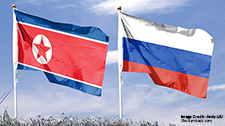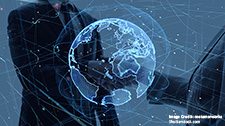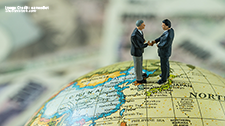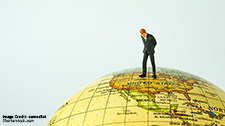UNICEF and Epistemic Authority in North Korea, from Humanitarian Emergency to the Millennium Development Goals (MDGs), 1995-2015
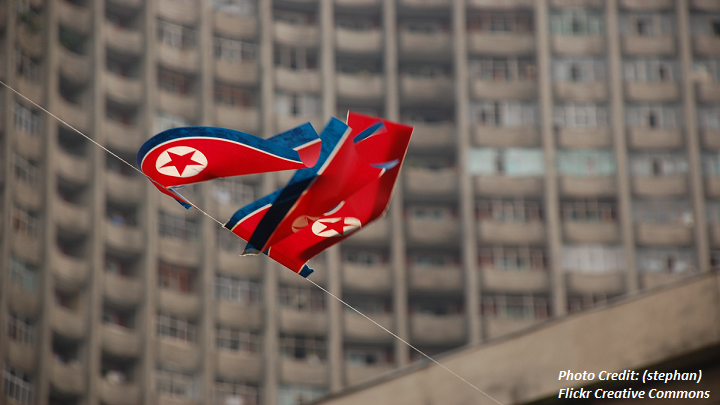
Gianluca Spezza
Abstract:
This study analyzes the work of UNICEF in the DPRK (North Korea) from 1995 to the late 2000s, asking how and why UNICEF pursued development objectives, particularly in the field of education, despite refusal from key donors to countenance support for developmental programs in the DPRK and their insistence that aid should be confined to the humanitarian sphere. The core argument of this article is that UNICEF – a key UN agency with a semi-autonomous capacity – developed sufficient epistemic authority to legitimize humanitarianism and development as non-mutually-exclusive goals of DPRK operations and therefore allowed itself to pursue the implementation of educa-tional programs in North Korea, despite the reluctance of donors to provide support for development work in the country.
Related Publications
-
ISDP Annual Report 2023
ISDP’s Annual Report for the year 2023. We look back on 2023, a year in which tensions and conflicts captured the strategic space in ISDP’s focus areas, making headlines around […]
-
What Comes Next for North Korea-Russia Relations?
North Korea and Russia have taken their relations to a new level after the leaders of the two countries held an in-person summit meeting on Wednesday. While Pyongyang and Moscow […]
-
South Korea’s Indo-Pacific Strategy, Atmanirbhar Bharat, and the IPEF: Convergence and Commonality
For some time now, the existing multilateral networks such as those of the United Nations (UN) system have been largely ineffective in providing good global governance and helping create resilience, […]
-
Risk Reduction and Crisis Management on the Korean Peninsula
The situation on the Korean Peninsula is inherently intertwined with the growing instability of the East Asian security environment, where high tensions significantly increase the risk of unintended incidents and armed […]
-
Washington Declaration: Beyond Korea, What it Means for India?
In April 2023, South Korea and the United States released the Washington Declaration to reiterate and upgrade their treaty alliance. In outlining a joint nuclear deterrence strategy, the Declaration reaffirmed […]

